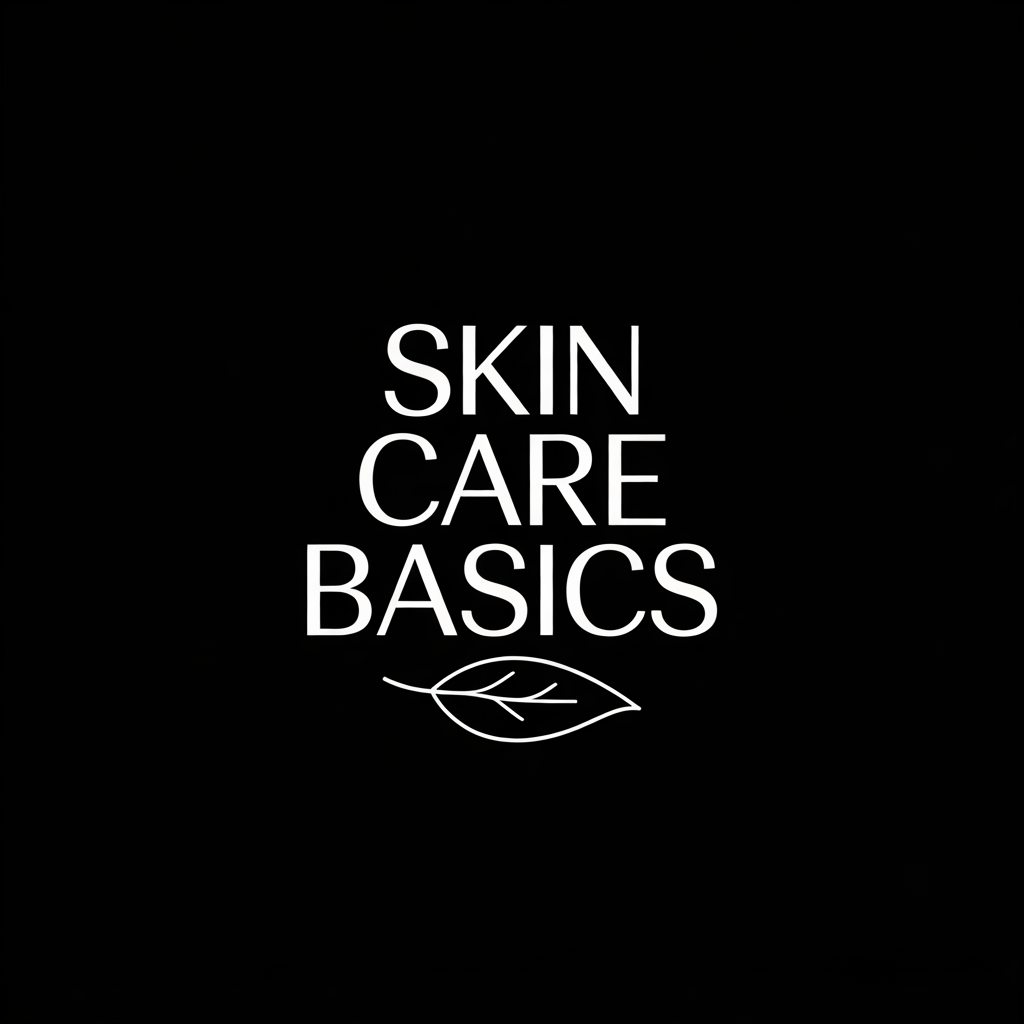7 Skincare Mistakes That Are Secretly Making Your Skin Worse
You might think you’re doing everything right for your skin, but if you’re over-exfoliating or skipping sunscreen, you could be causing more harm than good. Many common habits can lead to irritation, breakouts, and premature aging. Understanding these pitfalls is crucial for achieving healthy skin. What if the very products you trust are the culprits behind your skin issues? Let’s explore the mistakes you may not even realize you’re making.
Key Takeaways
- Over-exfoliating can irritate your skin, leading to redness and breakouts; limit exfoliation to 1-3 times weekly based on your skin type.
- Neglecting sunscreen increases your risk of premature aging and skin cancer; apply SPF 30+ daily, even on cloudy days.
- Using the wrong skincare products can exacerbate issues; identify your skin type and read labels to avoid clogging pores.
- Skipping moisturizer can lead to dryness and breakouts; always use a lightweight, non-comedogenic moisturizer to maintain hydration.
- Inadequate water intake can result in dull skin; aim for at least eight 8-ounce glasses daily to support skin health and elasticity.
Over-Exfoliating Your Skin
Have you ever wondered if you’re over-exfoliating your skin? This is one of the most common skincare mistakes people make.
While exfoliation helps remove dead skin cells, doing it too often can disrupt your skin barrier, leading to irritation, redness, and even breakouts. Most dermatologists recommend exfoliating only 1-3 times a week, depending on your skin type and the exfoliant’s strength. It’s essential to consider the type of exfoliant you use, as chemical exfoliants can be more effective and gentler on the skin than physical scrubs.
Pay attention to your skin’s response; if it feels sensitive or looks flaky, you might be overdoing it. Adjust your routine to maintain a healthy balance, allowing your skin to rejuvenate without unnecessary stress.
Neglecting Sun Protection
How often do you think about applying sunscreen? Neglecting sun protection can lead to premature aging, sunburn, and an increased risk of skin cancer. It’s essential to incorporate sunscreen into your daily routine, regardless of the weather. Here’s a quick guide to understand its importance:
| Benefit | Recommended SPF | Application Frequency |
|---|---|---|
| Prevents sunburn | 30+ | Every 2 hours |
| Reduces aging signs | 30+ | After swimming |
| Lowers cancer risk | 30+ | Daily, even on cloudy days |
Make sunscreen a non-negotiable part of your skincare regimen. Remember that neglecting sun protection is one of the most common skincare mistakes that can lead to serious long-term consequences.
Using the Wrong Products for Your Skin Type
Are you sure the products you’re using are right for your skin type?
Using the wrong formulas can exacerbate issues like dryness, oiliness, or acne.
For instance, if you have oily skin and use heavy creams, you might find your pores clogging, leading to breakouts. Conversely, if you have dry skin and use products designed for oily skin, you could strip your skin of necessary moisture, worsening dryness.
It’s crucial to identify your skin type—whether it’s oily, dry, combination, or sensitive—before selecting products. Hormonal imbalances can also play a significant role in determining your skin type and how it reacts to different products.
Always read labels and consult with a dermatologist to ensure you’re making informed choices for your skin’s health.
Skipping Moisturizer
Even with the right products for your skin type, skipping moisturizer can undermine your skincare efforts.
Moisturizers help maintain your skin’s hydration levels, preventing dryness and irritation.
When you neglect this step, your skin can overcompensate by producing excess oil, leading to breakouts and congestion.
Clinical studies show that consistent moisturizing enhances skin barrier function and improves overall texture. Skipping moisturizer for even a week can lead to noticeable changes in your skin’s condition.
Even if you have oily skin, a lightweight, non-comedogenic moisturizer is essential.
Incorporating this simple step into your routine can significantly enhance your skin’s health and appearance, making it an indispensable part of effective skincare.
Don’t skip it!
Touching Your Face Frequently
Touching your face frequently can significantly disrupt your skincare routine and lead to unwanted skin issues.
Every time you touch your face, you transfer oils, dirt, and bacteria from your hands, increasing the risk of breakouts and irritation.
Research shows that the skin’s barrier can weaken due to this constant contact, making it more prone to inflammation and sensitivity.
Furthermore, habitually touching your face can exacerbate existing conditions like acne or eczema.
To maintain healthy skin, try to be conscious of your hands and keep them away from your face.
Consider using stress-relief techniques to minimize the urge to touch, as stress can trigger breakouts and worsen your skin condition.
Not Drinking Enough Water
Hydration is crucial for maintaining healthy skin, yet many people overlook the importance of drinking enough water.
When you’re not adequately hydrated, your skin can become dry, dull, and more prone to irritation.
Water helps to flush out toxins, supports elasticity, and promotes a radiant complexion.
Research shows that even mild dehydration can affect skin appearance, leading to increased fine lines and rough texture.
Aim for at least eight 8-ounce glasses of water daily to nourish your skin from within.
Additionally, incorporating essential winter skincare tips can enhance your skin’s resilience against harsh weather conditions.
Remember, a well-hydrated body contributes to a vibrant, youthful glow.
Don’t underestimate the power of proper hydration for your skincare routine!
Ignoring Changes in Your Skin
Staying hydrated is just one part of maintaining healthy skin; paying attention to changes in your skin is equally important.
Noticing shifts in texture, color, or breakouts can help you address underlying issues early.
Ignoring these signs could lead to worsening conditions or prolonged discomfort.
- Monitor your skin for new moles or changes in existing ones.
- Pay attention to persistent dryness, redness, or irritation.
- Consult a dermatologist if you notice significant changes over time.
Being proactive about your skin’s health allows for timely interventions, ensuring your skincare routine remains effective and suited to your evolving needs. Additionally, individuals with sensitive skin often make the mistake of ignoring signs of irritation, which can exacerbate their condition.

